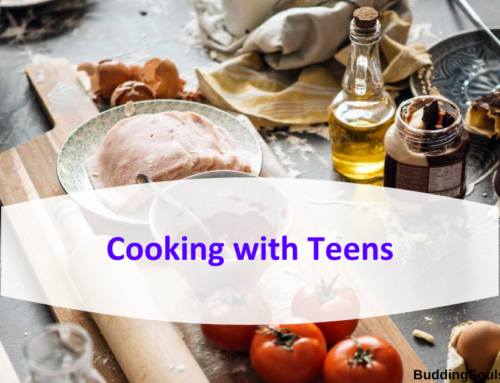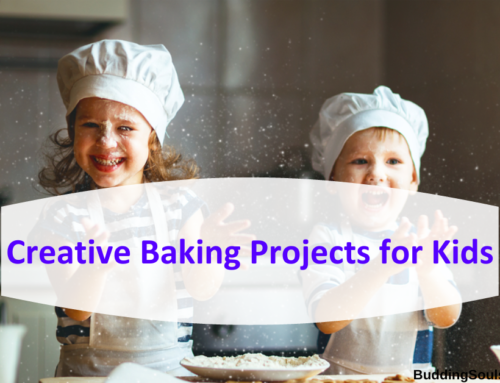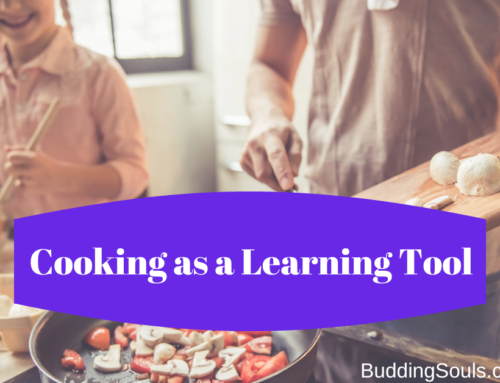Getting Started: Cooking Basics for Kids of All Ages
Cooking is a life skill that holds tremendous importance. Not only does it teach kids about nutrition and healthy eating, but it also instills confidence and independence. Whether you have a young child eager to explore the kitchen or a teenager preparing for college life, this guide will help you get started with cooking basics for kids of all ages.
The Benefits of Cooking with Kids
Before we dive into the practical tips, let’s explore why cooking with kids is such a valuable experience:
1. Nutrition Education: Cooking provides an opportunity to teach children about the nutritional value of different foods. They can learn to make healthier choices and develop a better understanding of where their food comes from.
2. Math and Science Skills: Measuring ingredients, following recipes, and observing chemical reactions in cooking are all excellent ways to enhance math and science knowledge.
3. Life Skills: Cooking is a fundamental life skill that kids will carry with them into adulthood. It promotes independence, responsibility, and self-sufficiency.
4. Bonding and Communication: Cooking together fosters strong family bonds. It’s a chance for kids to talk, ask questions, and learn from their parents or caregivers.
5. Creativity: Cooking is an art, and it encourages creativity. Kids can experiment with flavors, textures, and presentation, fostering their imagination.
Now, let’s explore some age-appropriate cooking basics to get started.
Cooking Basics by Age
Preschoolers (Ages 3-5)
Preschoolers are enthusiastic and eager to help in the kitchen. Here’s what they can do:
- Washing Vegetables and Fruits: Teach them to rinse fruits and vegetables under running water.
- Tearing Herbs: Let them tear herbs like basil or mint for salads.
- Mixing: They can mix simple ingredients, like pancake batter.
- Spreading: Show them how to spread peanut butter or cream cheese on bread.
Elementary School Kids (Ages 6-10)
Kids in this age group can take on more responsibility:
- Measuring: Teach them to measure ingredients using cups and spoons.
- Chopping with Supervision: Under close supervision, they can begin chopping soft ingredients like mushrooms or bananas with a kid-friendly knife.
- Stirring and Mixing: They can handle more complex recipes, like cookie dough.
- Setting the Table: Involve them in setting the table with plates, utensils, and napkins.
Preteens and Teens (Ages 11-18)
Older kids can start cooking independently:
- Following Recipes: Encourage them to follow recipes, from simple ones like pasta dishes to more complex meals.
- Knife Skills: Teach proper knife skills and safety for chopping and slicing.
- Stovetop Cooking: Introduce them to stovetop cooking, like making scrambled eggs or stir-fries.
- Meal Planning: Involve them in meal planning, grocery shopping, and budgeting.
Tips for Success
Regardless of age, these tips will make the cooking experience enjoyable and safe for kids:
- Supervision: Always supervise younger children in the kitchen and gradually give older kids more independence as they become comfortable.
- Safety First: Teach kids about kitchen safety, including handling sharp objects and hot surfaces.
- Start Simple: Begin with easy, age-appropriate recipes and gradually progress to more complex dishes.
- Patience: Be patient and encourage kids to take their time and enjoy the process.
- Celebrate Together: Celebrate the finished meal together as a family, reinforcing the importance of sharing and enjoying the fruits of their labor.
Cooking with kids is a rewarding journey that not only nourishes the body but also feeds their curiosity and confidence. So, gather your young chefs, put on your aprons, and embark on this culinary adventure together!





